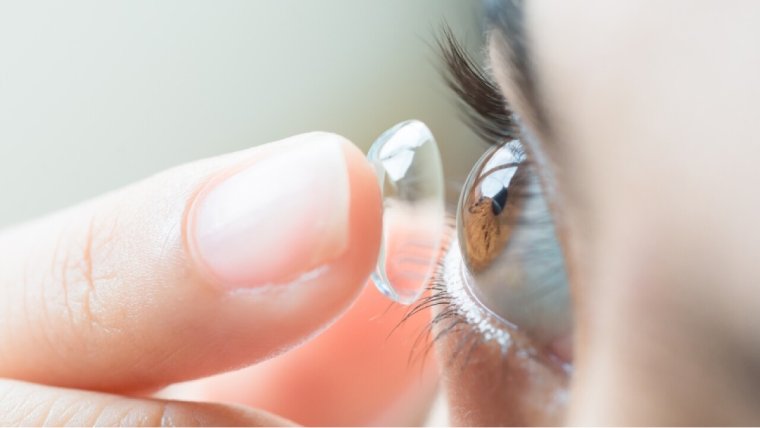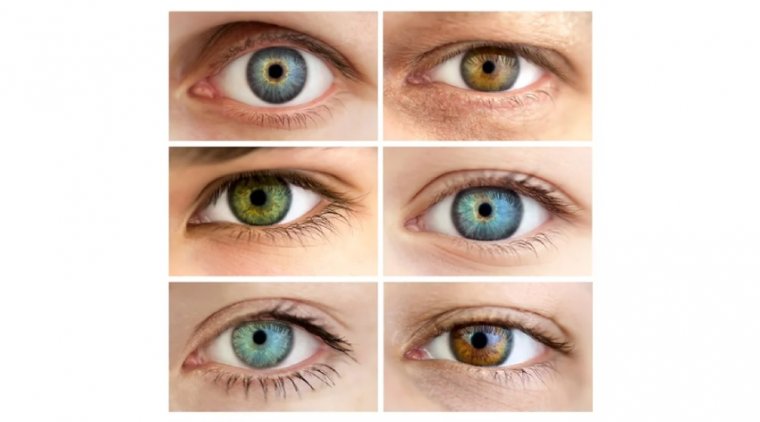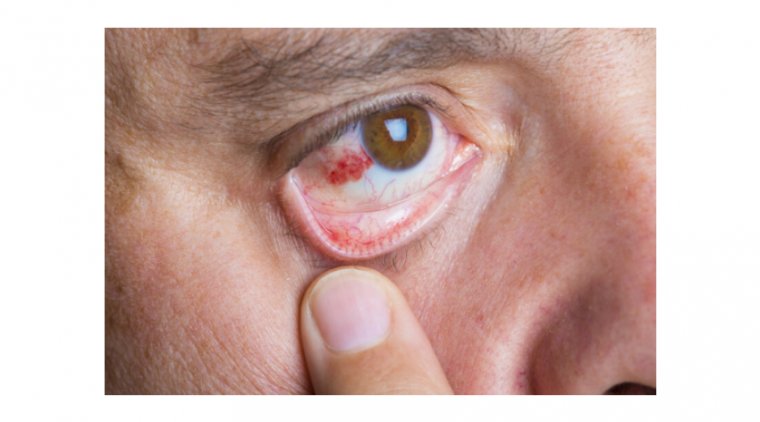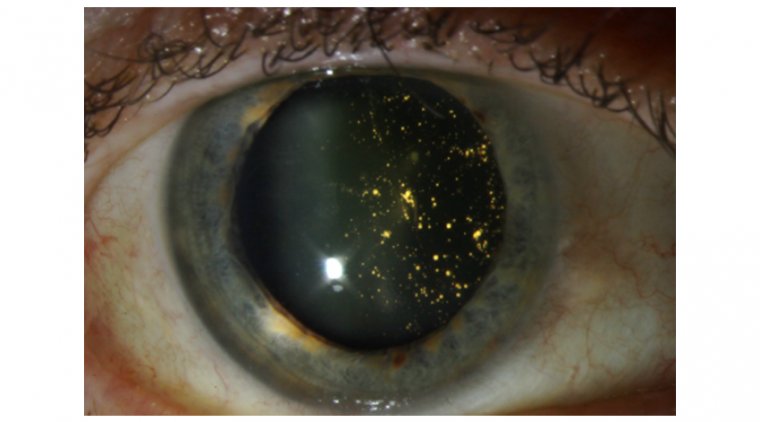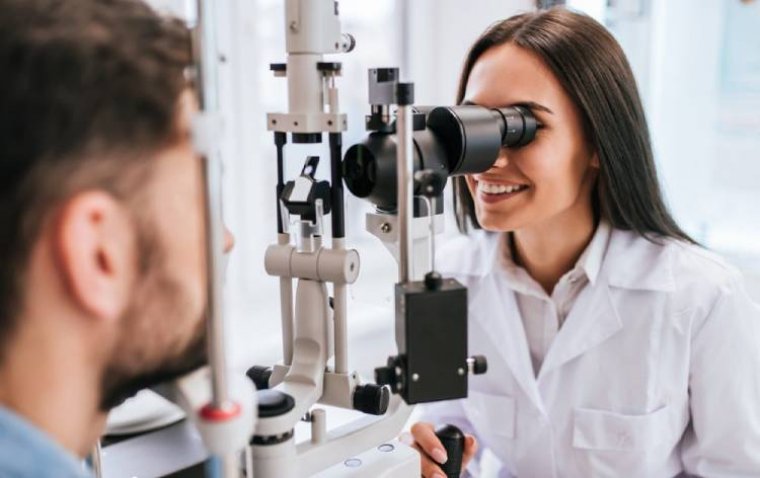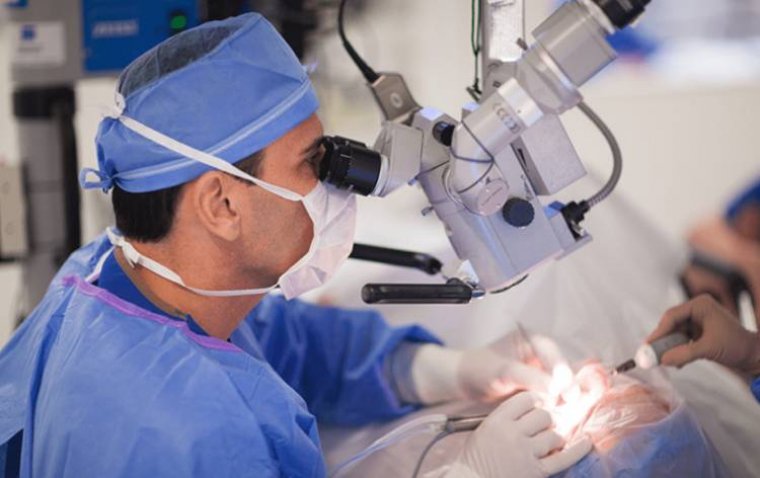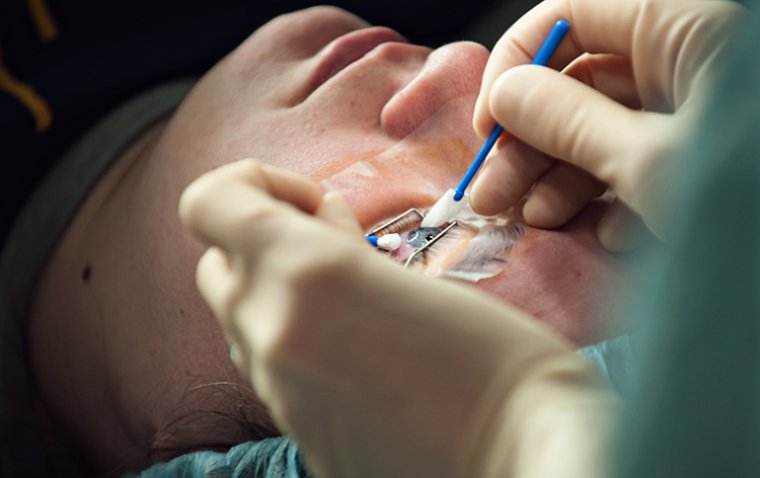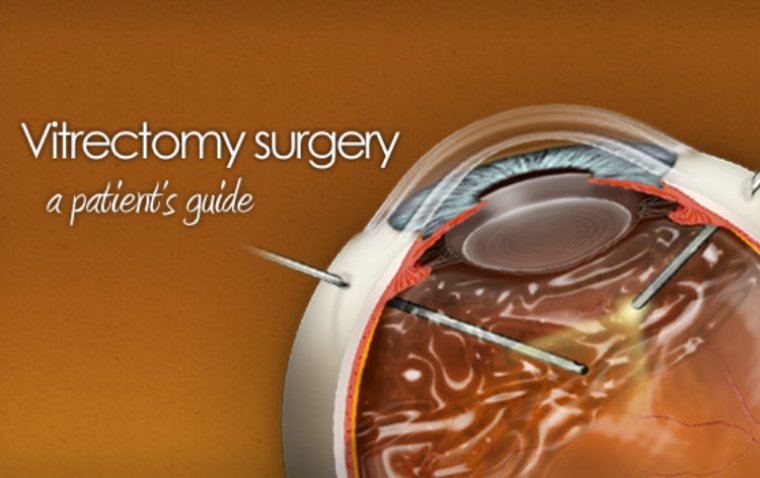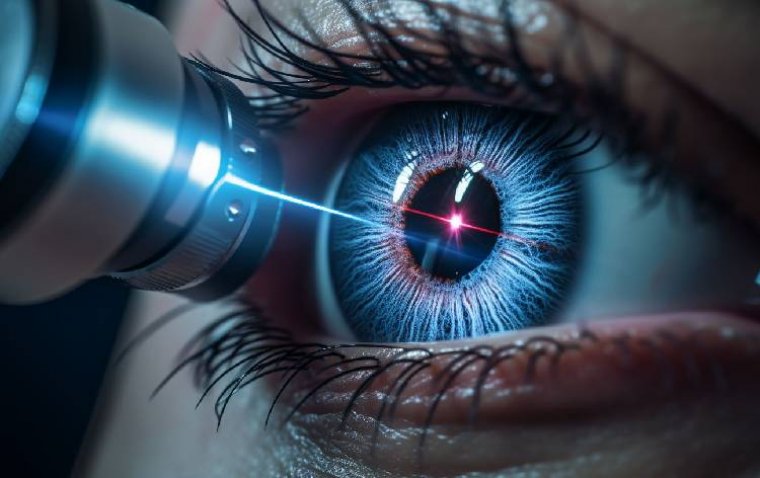
5 Dos and Don'ts After Laser Eye Surgery
Laser eye surgery has become a popular solution for correcting vision problems such as nearsightedness, farsightedness, and astigmatism. While the procedure is known for its high success rate and quick recovery times, proper post-operative care is crucial to achieve optimal results. Here are five dos and five don'ts to ensure a smooth and effective recovery from laser eye surgery.
Dos
1. Do Follow Your Doctor's Instructions Diligently
Immediately after surgery, it is crucial to follow the detailed care instructions provided by your ophthalmologist. This typically includes taking prescribed medications, such as antibiotics and anti-inflammatory eye drops, to prevent infection and reduce inflammation. Your doctor will also advise you on how often to apply these medications and for how long.
2. Do Rest and Protect Your Eyes
Rest is a key component of the recovery process. Patients are advised to go home and sleep for several hours right after the surgery to allow their eyes to begin healing. It is important to avoid any strenuous activities or environments that may strain the eyes, such as reading, using digital screens, or exposure to bright lights. Wearing sunglasses to protect your eyes from UV light when outdoors is also crucial.
3. Do Attend Follow-Up Appointments
Attending follow-up appointments is vital to ensure that your eyes are healing correctly. During these visits, your ophthalmologist will check for any signs of complications, assess your vision, and adjust your treatment plan as necessary. These check-ups also provide an opportunity to address any concerns or symptoms you may be experiencing.
4. Do Maintain Eye Hygiene
Maintaining cleanliness around your eyes is paramount to prevent infections. Avoid rubbing your eyes, which can dislodge the corneal flap made during surgery. It’s also advised to keep water out of your eyes for at least a week to avoid contamination. This includes avoiding swimming pools, hot tubs, and even showers. Use clean and dry towels to gently pat around your eyes.
5. Do Manage Discomfort and Vision Fluctuations
Some discomfort, including itchiness and mild pain, may occur during the initial stages of the recovery. Over-the-counter pain relievers can be used according to your doctor's advice to manage this discomfort. It’s also normal to experience some vision fluctuations as your eyes adjust and heal over the first few months. Regular updates with your doctor can help manage expectations and adjustments in your recovery process.
Don'ts
1. Don't Rub Your Eyes
Rubbing your eyes can dislodge the corneal flap created during surgery, leading to complications. If your eyes itch or feel irritated, consult your doctor for suitable eye drops or other relief methods instead of rubbing your eyes.
2. Don't Expose Your Eyes to Water
Avoid getting water directly in your eyes for at least a week. This includes activities like swimming, using hot tubs, and even showering without protective eyewear. Water can harbor bacteria that might cause infections, complicating the recovery.
3. Don't Apply Makeup
Refrain from using eye makeup for at least a week or until your doctor gives the clear. Makeup particles can enter the eye and cause infections or irritations during the healing phase.
4. Don't Participate in Strenuous Activities
Activities that increase blood pressure, such as heavy lifting or vigorous exercise, can increase the risk of complications. Avoid such activities for the first few weeks to ensure your eyes heal without undue stress or risk of injury.
5. Don't Skip Protective Eyewear When Necessary
If recommended by your doctor, wear protective eyewear at night to prevent accidental rubbing or pressure on your eyes while sleeping. This is particularly important in the early stages of healing when the corneal flap is still stabilizing.
Conclusion
Recovering from laser eye surgery is generally straightforward, but following these steps can help ensure a safe and effective healing process. Always communicate openly with your healthcare provider about your recovery, and do not hesitate to report any unusual symptoms. With proper care, you can enjoy the benefits of improved vision and return to your daily activities soon after your procedure.
(1).jpg)
